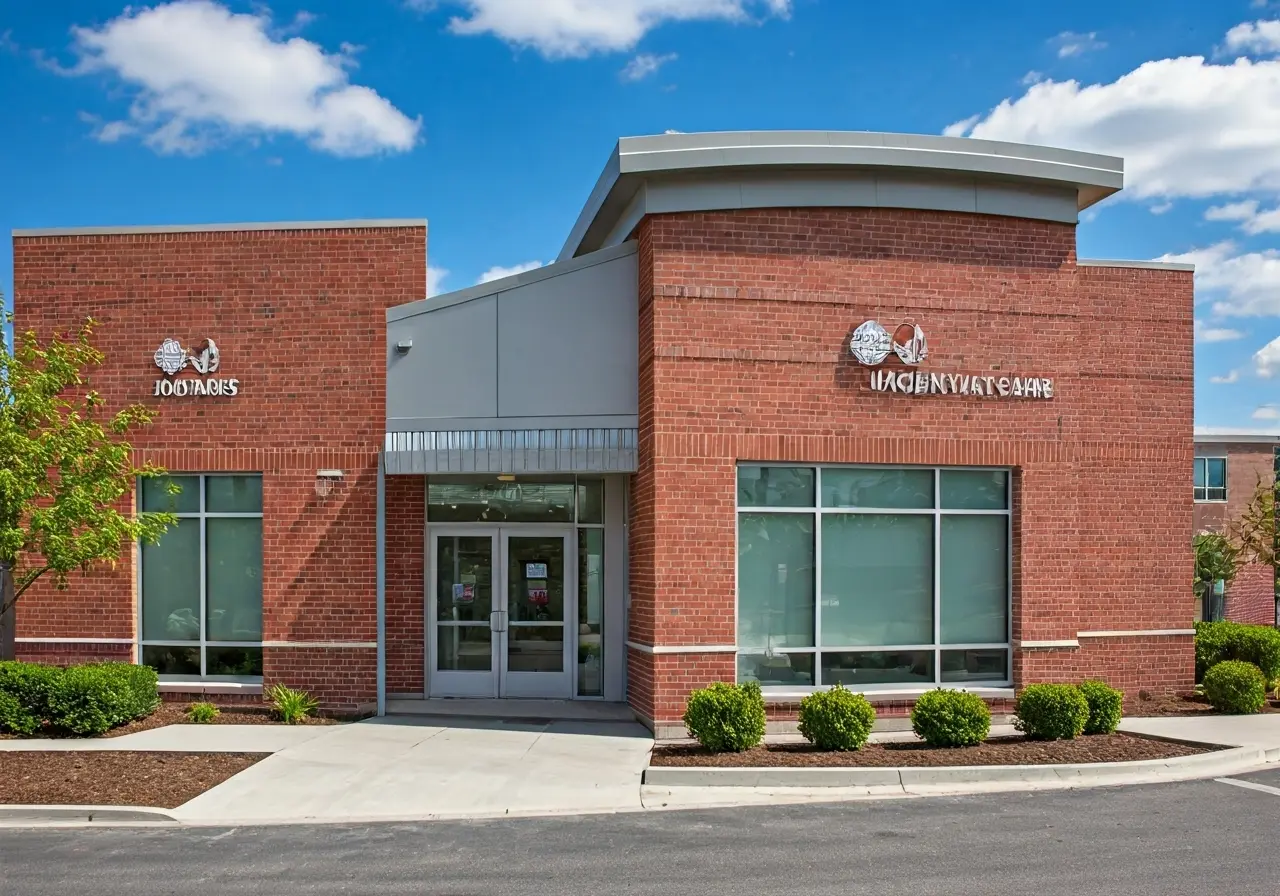Choosing where to go for urgent health needs can be quite a decision. While traditional hospitals often seem like the default option, local urgent care centers are becoming increasingly popular. From convenience to cost, there are numerous advantages to opting for these community-focused facilities. Let’s dive into the many benefits of choosing local urgent care for your health needs.
1. Convenient Accessibility
Local urgent care centers are typically situated within neighborhoods, offering easy access without the need for extensive travel. This ensures that you can reach medical assistance swiftly, particularly when dealing with pressing health concerns that require immediate attention.
The strategic placement of these centers within communities highlights a commitment to being accessible. Whether it’s a sudden illness or a minor injury, you can be assured of quick access to professional healthcare right at your doorstep. This proximity can be particularly beneficial for those without personal transportation, or in cases where a quick response time is crucial.
2. Reduced Wait Times
Unlike hospital emergency rooms, local urgent care centers often have shorter wait times. This means you can receive medical care promptly, without the long queues typically associated with larger healthcare facilities.
By offering targeted and efficient care, these centers prioritize your time as well as your health. In busy urban hospitals, waiting for hours can be exhausting and stressful, especially when anxiety about your condition is building. However, local urgent care centers streamline their processes to ensure you receive prompt attention, significantly reducing the burden on your patience.
3. Cost-Effectiveness
Urgent care centers usually offer services at a fraction of the cost compared to emergency rooms. The reduced price doesn’t mean compromised care, rather it’s tailored to provide you with necessary treatments efficiently and affordably.
Many facilities accept a broad range of insurance plans, ensuring that health is a priority without straining your finances. The focus is on delivering essential medical care that addresses your immediate needs, eliminating unnecessary tests and procedures that you might encounter in a more comprehensive hospital setting.
4. Personalized Patient Care
Being smaller facilities, local urgent care centers can often provide a more personalized healthcare experience. The staff may know their patients, creating a more friendly and reassuring environment for treatment.
This personalized approach is further enhanced by a team that is dedicated to customer service and empathy. As staff are often part of the same community, there’s a genuine understanding of the health challenges and needs of the local population, fostering a nurturing environment where patient concerns are truly heard and addressed.
5. Flexible Operating Hours
Most local urgent care centers offer extended operating hours, including evenings and weekends. This flexibility ensures you have access to healthcare services outside of regular business hours, which is particularly beneficial for those with busy schedules.
In a world where the demands of work and family can make it challenging to attend to health needs, such flexibility proves invaluable. Patients can seek necessary care after work or on weekends, times traditionally outside the operating hours of most primary healthcare providers.
6. Comprehensive Services
Local urgent care centers provide a wide range of services, from treating minor injuries and illnesses to offering diagnostic services like x-rays and lab tests. This means you can get the necessary treatment in one place, streamlining the healthcare process.
These centers often bridge the gap between primary care doctors and hospital emergency rooms, offering treatments that are comprehensive yet targeted. With services that cover typical urgent care needs, they are well-equipped to manage various health conditions promptly.
7. Community Integration
Being part of the local community, urgent care centers are invested in the health and well-being of their neighbors. They often take part in local events and awareness programs, further strengthening their role as a vital healthcare resource.
Their active involvement in community initiatives helps to build trust and a sense of reliability among residents. Such integration makes these centers not just a place to seek medical advice but an integral part of the local support system, ensuring healthcare accessibility and awareness.





